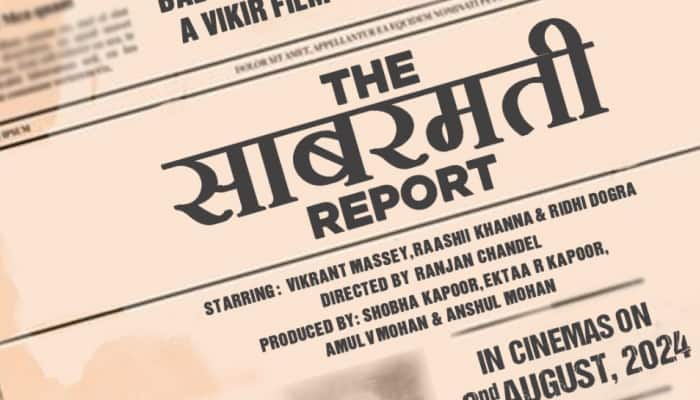Child soldiers, many still brutally vulnerable
The end of brutal wars in West Africa and global efforts to halt recruitment have cut the number of child soldiers, but experts say vulnerable boys and girls are still forced into battle from Latin American to Asia.
Trending Photos
)
London: The end of brutal wars in West Africa and global efforts to halt recruitment have cut the number of child soldiers, but experts say vulnerable boys and girls are still forced into battle from Latin American to Asia.Armed with Kalashnikovs and machetes, drunken, drugged and traumatized children were at the heart of wars in the 1990s in Sierra Leone, Liberia and the Democratic Republic of Congo marked by atrocities committed by young killing machines.
Those wars are now largely over and the United Nations children's fund UNICEF estimates some 250,000 child soldiers remain active in the world -- down from earlier estimates of 300,000.
But other experts say that figure is little more than conjecture given the impossibility of getting hard data on the ground.
Whereas aid workers and activists had relatively good access to the West African wars, they say they have much less information on the use of child soldiers in such places as Iraq, Central African Republic, Afghanistan and Somalia. They say the conflicts are often simply too dangerous to allow access.
Meanwhile militias, as well as some militaries, still see children as viable instruments of war. "Rebel leaders find children very easy to manipulate," Johanna MacVeigh, child protection adviser for fragile states for Save the Children UK, told.
"These groups continue to target children. They find it very easy to take a child as young as 9 and break them down through forcing them to commit atrocities. "The things they go through are so horrendous that they can transform them into whatever they want them to be."
Global efforts
Efforts to eliminate the use of child fighters have been under way for years.
In February, 58 nations signed up to the "Paris Principles", pledging to do more to prevent child recruitment and help young fighters return to normal life. Signatories included 10 of the 12 countries where the United Nations said children were used on a "massive scale".
That came 10 years after international standards were first agreed in Cape Town to establish 18 as the minimum age for recruitment into the armed forces. In early July, Sierra Leone's war crimes court sentenced three militia leaders to long jail terms for a series of crimes including child recruitment during the civil war -- the first time an international tribunal had issued such a sentence.
And a Congolese warlord faces trial at the International Criminal Court on charges of abducting children to fight. Advocates say it is too early to tell if the international and legal efforts will curb the use of child fighters but they have forced recruitment underground.
Rebels often deny deliberately taking children, saying they try to root out underage volunteers. Rights groups are skeptical, but say the rebels can be hard to influence. Some, such as Islamist insurgents in the southern Philippines, say they only take men over the age of puberty or only use underage recruits for non-combat tasks. Rights experts are unimpressed, saying it is still both illegal and harmful.
During Uganda's long war in the north, for example, Lord's Resistance Army rebels used children for "non-combat tasks" such as sex slaves.
Deniable paramilitaries
Only a handful of states -- most notably Myanmar, also known as Burma -- are said to use children to fight in their regular armed forces.
Most have at least said they will try to demobilize them. But activists say despite the promises a number of countries including Chad and Democratic Republic of Congo still have children in their regular armies.
Other countries are accused of trying to maintain a measure of deniability by keeping children out of their uniformed armies but using them in government-backed paramilitary groups.
Sri Lanka's Tamil Tiger rebels have long been accused of child recruitment, but now observers say a group of renegade ex-Tigers known as the Karuna group -- widely seen as government backed -- also grab children. Both the government and Karuna deny it, but witnesses say it is quite blatant.
"Clearly, tightening the laws hasn't been sufficient," said Save the Children's MacVeigh. "Even in countries where you have a peace agreement -- and you would have thought we could get on with demobilization and getting them home -- you sometimes still find recruitment continues."
Bureau Report
Stay informed on all the latest news, real-time breaking news updates, and follow all the important headlines in india news and world News on Zee News.
Advertisement
Live Tv
Advertisement







)
)
)
)
)
)
)
)
)
)
